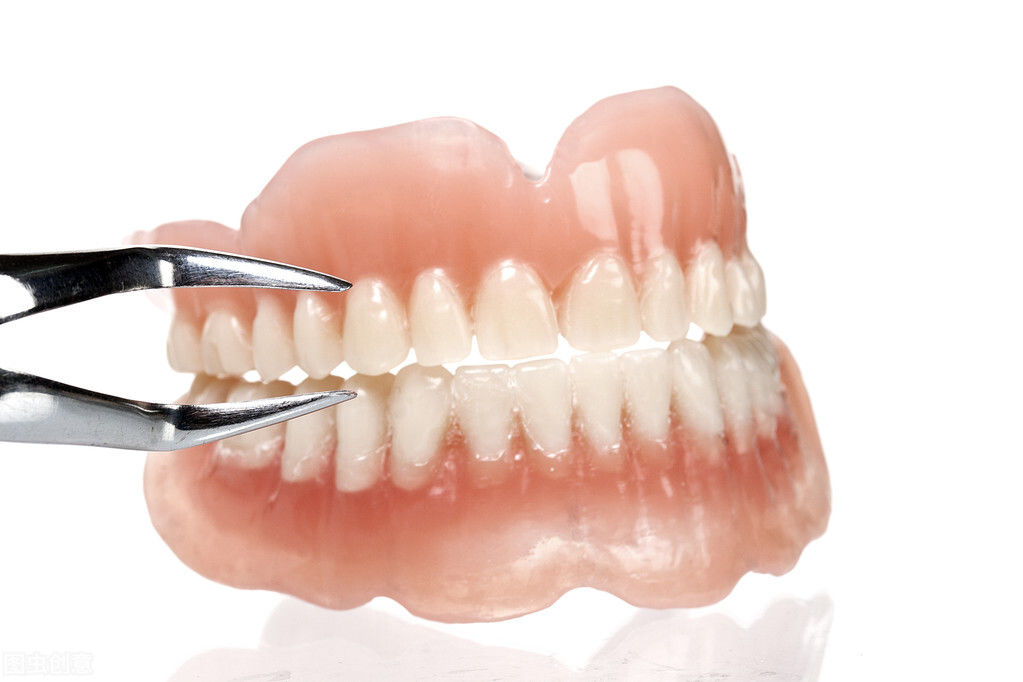內容目錄
Author: Li Jing, Department of Nephrology, The First Affiliated Hospital of Xinjiang Medical University
Lao Wang is a patient with IgA nephropathy and has severe periodontal disease. Periodontal disease attacks every year, and the red and swollen gums are aggravated and miserable. When he completely cured the periodontal disease, the kidney disease was significantly relieved. What is the relationship between periodontal disease and kidney disease? How do they affect each other? Today, we invited Li Jing, director of the Department of Nephrology, the First Affiliated Hospital of Xinjiang Medical University, to introduce the relationship between periodontal disease and kidney disease.
Patients with periodontal disease are more likely to develop nephropathy
Periodontal disease refers to diseases that occur in the supporting tissues of the teeth (periodontal tissue), including gingival disease and There are two types of periodontitis involving deep periodontal tissues (periodontal ligament, alveolar bone, and cementum). Periodontal disease is a common oral disease and one of the main causes of tooth loss in adults.

At present, epidemiological studies in many countries have pointed out that the incidence of chronic kidney disease in patients with periodontal disease is higher. Studies in some areas of my country have also shown that patients with periodontal disease may be more likely to develop CKD. A study in Guangdong Province in my country in 2013 found that the prevalence of CKD in patients with periodontal disease was 18.2%, while the average prevalence of CKD in my country was only 4.8%.
periodontal disease and kidney disease can affect each other
renal dysfunction and periodontal disease are interrelated. On the one hand, periodontal disease can lead to kidney damage; On the other hand, renal insufficiency can also lead to periodontal problems.
Patients with renal dysfunction may neglect oral hygiene due to the decline in quality of life, and local plaque, food debris, and soft scale accumulate to form local conditions conducive to bacterial growth.
If the gums of normal people are invaded by microorganisms, the gums may be swollen and painful, and they will go to see a doctor. However, patients with renal insufficiency have a decreased response to periodontal disease microbial invasion. Even if the gums are invaded by microorganisms, they cannot detect related symptoms. When they are found, some corresponding reactions may have occurred.
Mastering the “Three Tips” for the Prevention of Periodontal Disease
There are three primary preventions for the prevention of periodontal disease:
Primary prevention:
Before the periodontal tissue is damaged, to prevent the invasion of therapeutic factors, start from brushing your teeth carefully and increase the awareness of prevention.
Secondary prevention:
Early detection and early diagnosis. For patients with gingivitis and early periodontal disease, preventive measures are not only to brush their teeth. If there is already periodontal damage, it is necessary to go to a dental hospital for diagnosis, treatment, and surgery in severe cases.
Tertiary prevention:
If periodontitis has already occurred, leading to severe gingival recession and obvious resorption of periodontal bone, denture restoration should be performed at this time to rebuild its dentures. Function.
We hereby suggest that the majority of kidney patients should not wait until the late stage, when they have lost their teeth before compensation or restoration. We hope to achieve primary or secondary prevention.
The correct brushing posture to prevent periodontal disease
Papanic brushing is the brushing method recommended by the American Dental Association, and it is also the most efficient brushing method internationally recognized.
How to brush your teeth effectively?
01. Use a soft-bristled toothbrush, so that the toothbrush can be close to the teeth and gums
02. The toothbrush should be in place, at a 45-degree angle, and placed at the junction of the teeth and the gums
01. p>
03. The brushing force should be moderate, not too strong
04. The three sides of the teeth should be covered, and no one should be missed
05. Each area To brush 5-10 times, the time of each brushing is about three minutes
06, it is best to brush your teeth once in the morning and evening, and the most important thing is to brush your teeth before going to bed at night
Strengthen the prevention of periodontal disease , Mastering the correct knowledge of oral protection is of great significance for the prevention and treatment of chronic kidney disease. Our mouth is good, and our kidneys are good.
Review: Hu Haiyan